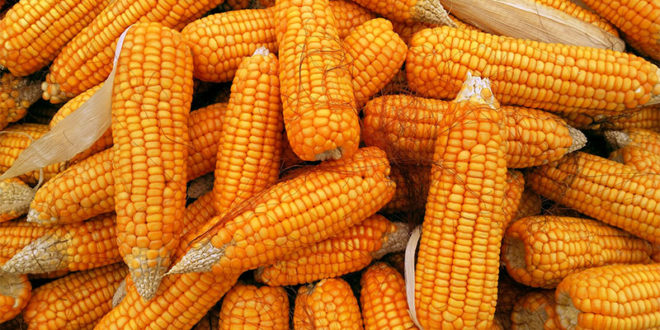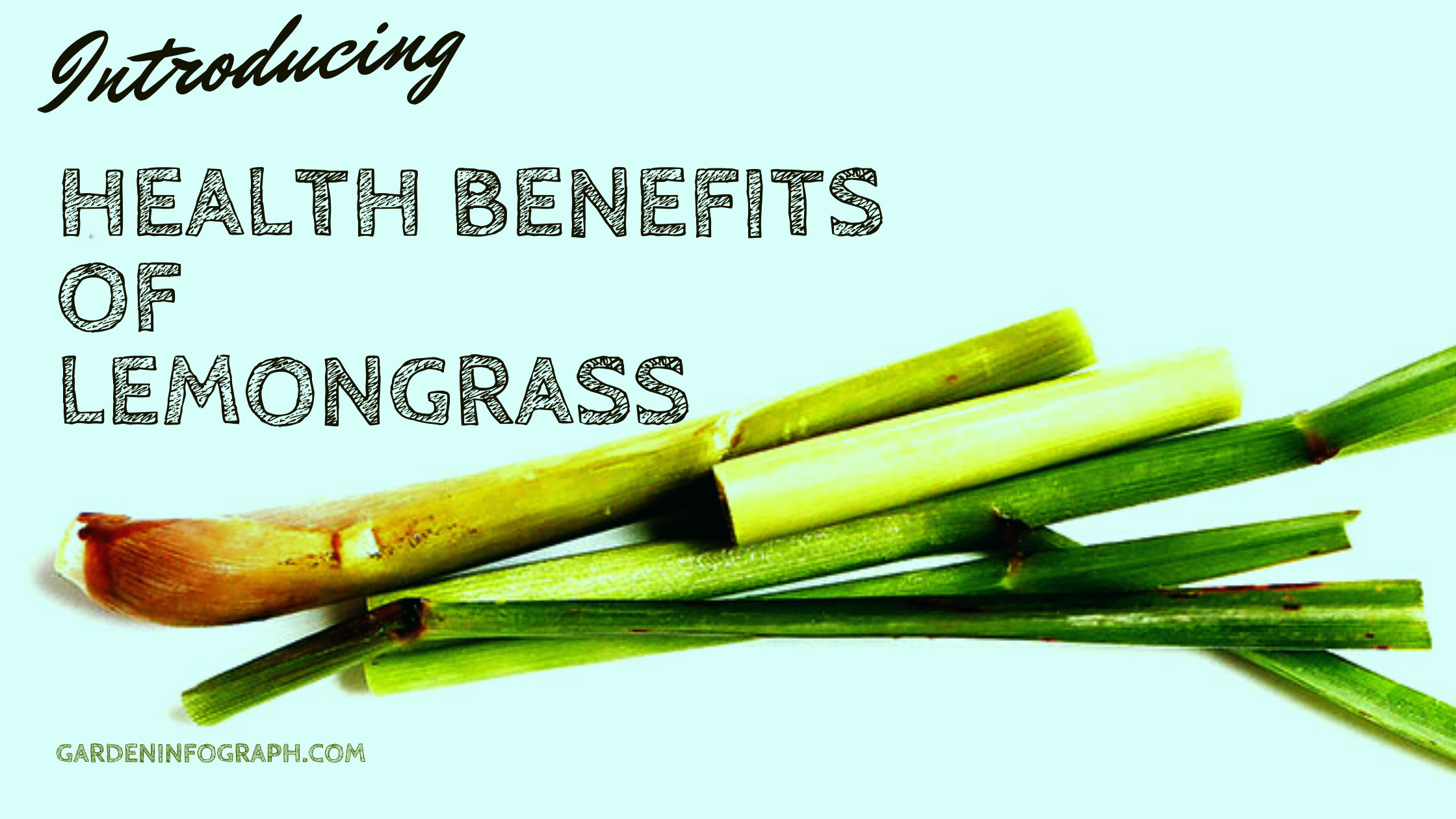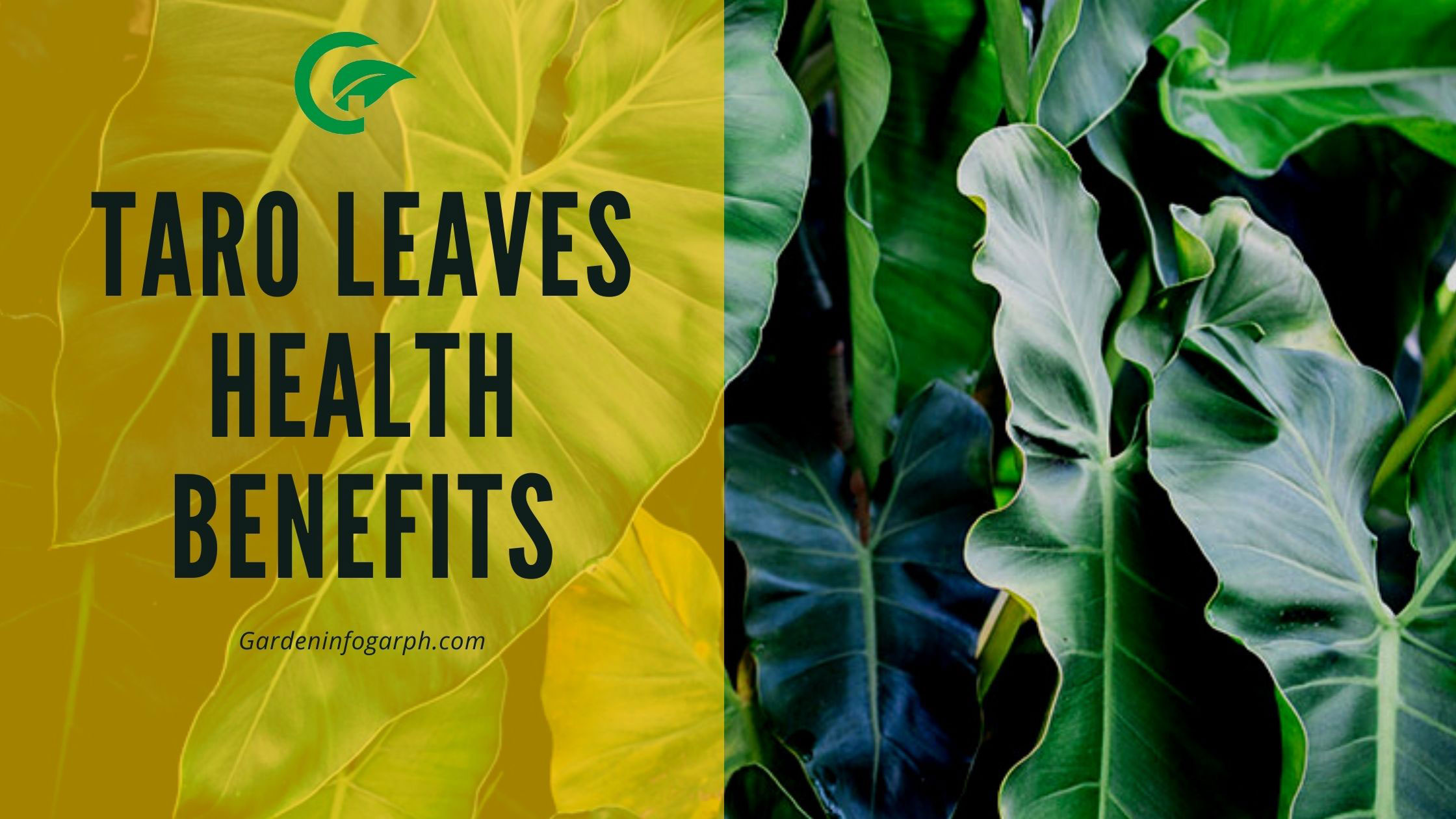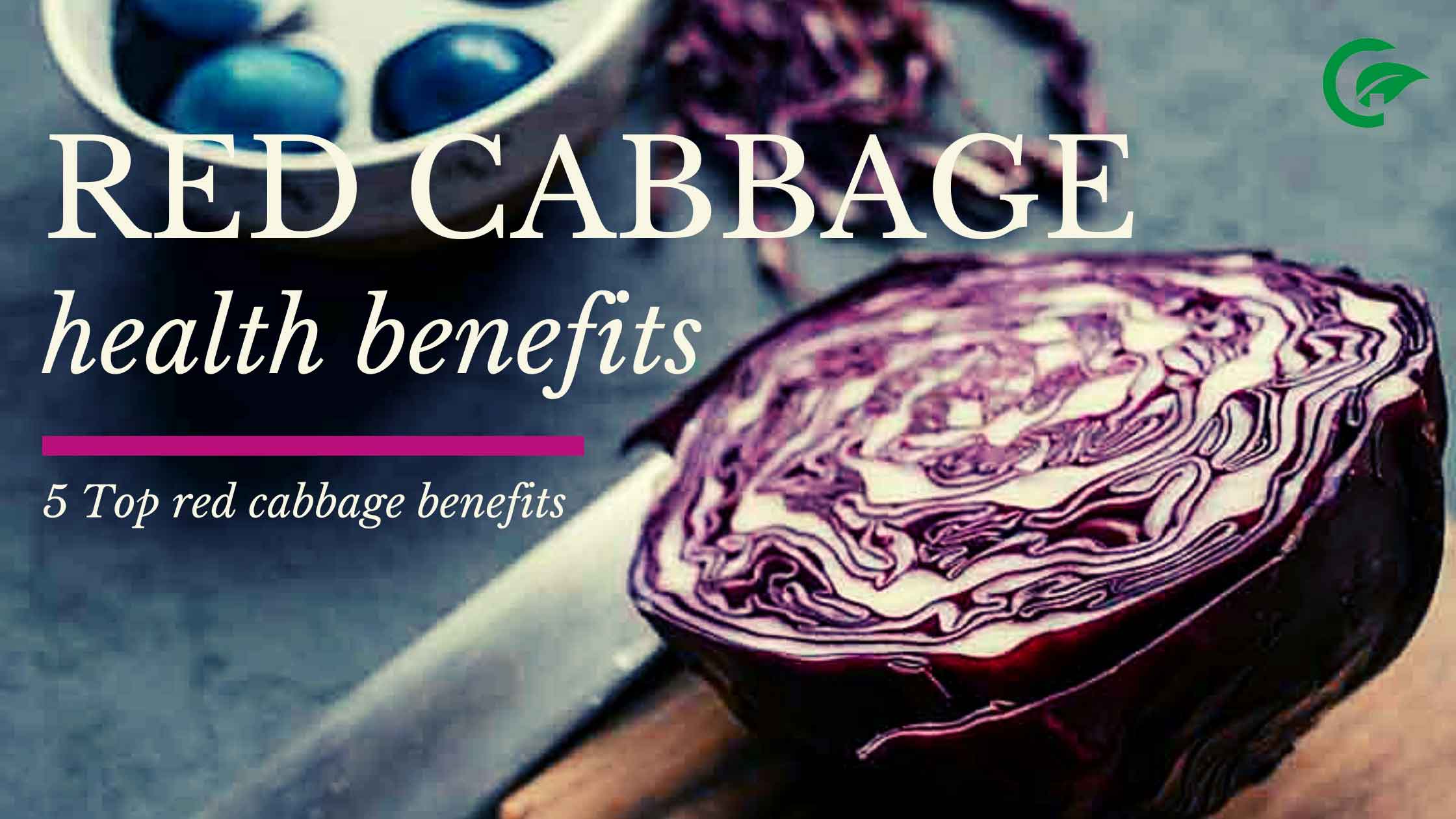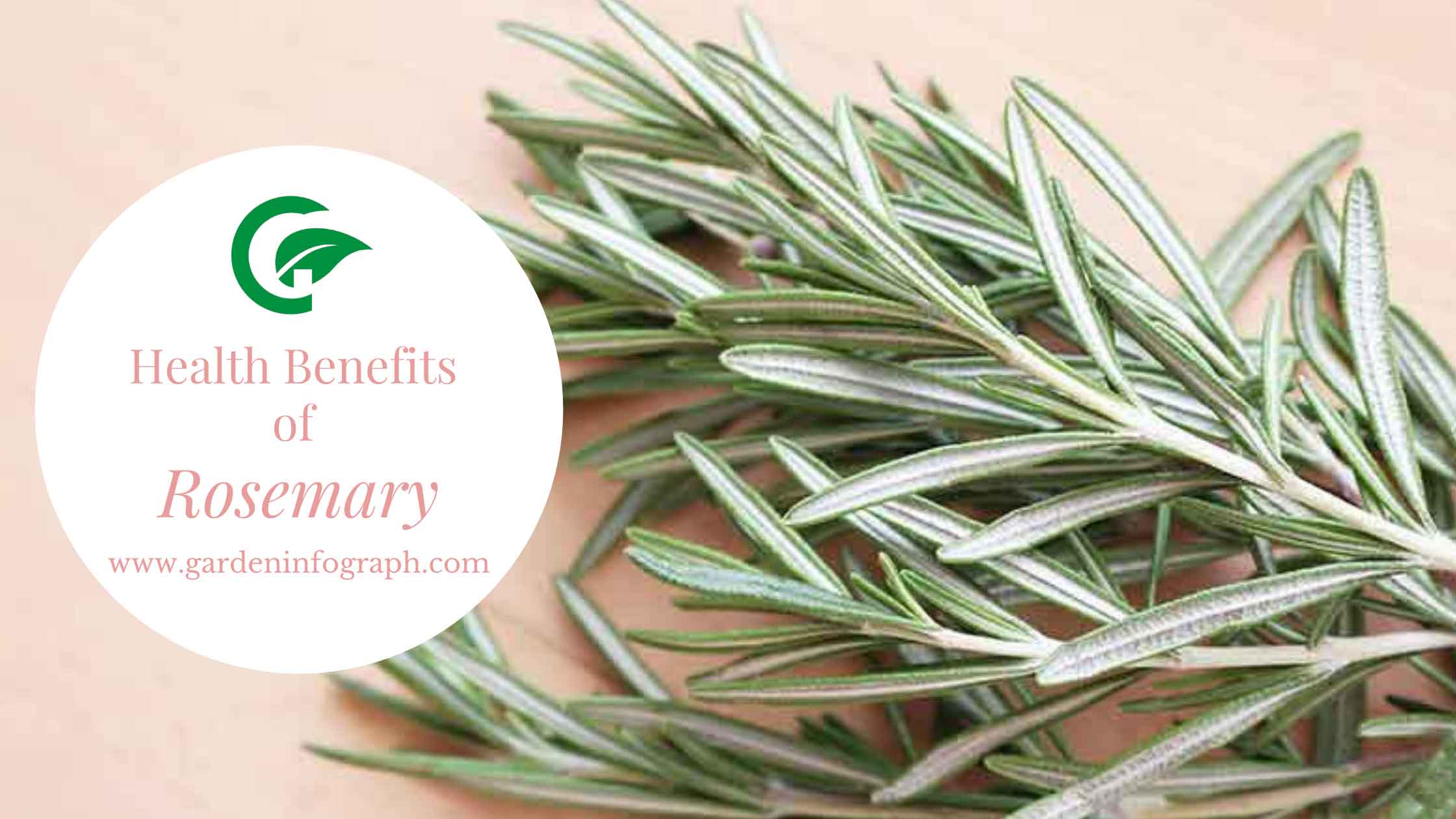Corn
Our today’s topic that we are going to write upon is Corn and in other words maize. Corn is the highest produced grain amongst all the grains. In 2014 total world production of corns was 1.04 billion tones which have the greatest contribution from US of 35%.
Maize is a cereal grain which was first tamed by indigenous people in South Mexico around 10,000 years ago. Corn is an annual grass in the family of Gramineae. It is more likely to believe that maize has its origin from Mexico.
There are different varieties of Corn. Six different types of Corn are:
• Sweet corn (here are some growing tips about sweet corn)
• Pod corn
• Popcorn
• Flour corn
• Flint corn
• Dent corn
• Waxy corn
• Amylo Corn
• Striped Corn
According to a survey conducted, the results have shown that maize is loved by 99% of people in the world. Which makes it in the top of the list of most likable food in the world.
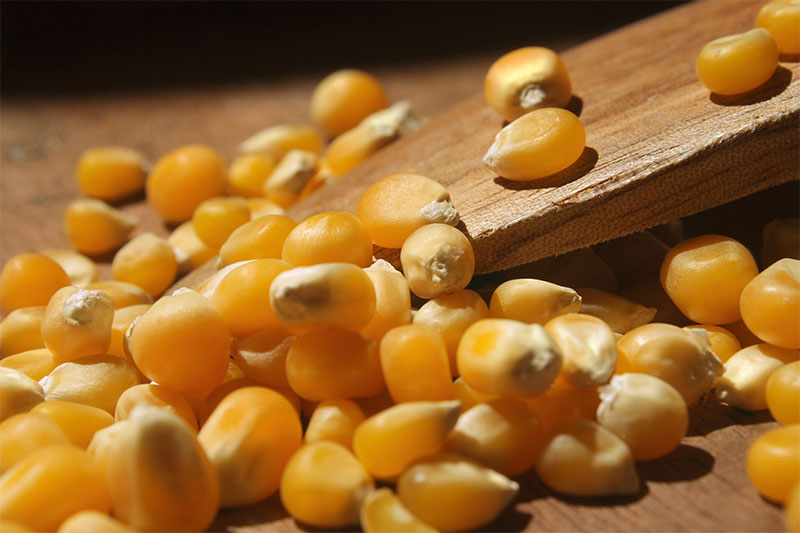
Nutritional value present in Corn
1. Corn consists of 14% pantothenic acid (B5), 13% thiamine (B1), 12% Niacin and 11% folate.
2. It also consists of 8% vitamin C, which does not have many effects but can be beneficial for certain people.
3. Corn contains a good amount of phosphorus and magnesium.
4. Per 100gm of Corn contains 75gm water and rest proteins, minerals, and carbohydrates.
Health benefits of Corn
As we mentioned above maize is the highest produced grain in among all the grains. Highest corn-producing countries are US, China, Brazil, the European Union, Argentina, Ukraine, India, and Mexico.
In the world total per year, a total of 1037 million tons’ corn is produced. No doubt it is a very popular snack but it has some phenomenal health benefits also.
Let us have a look at some of them.
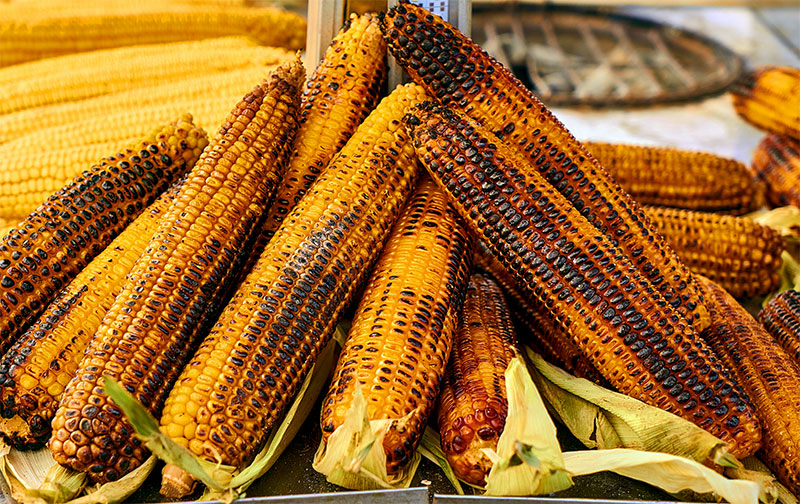
Promotes eye health
Today most of the people suffer from Macular degeneration and cataract which becomes the major cause of blindness. Growing age and some sort of infections could be a major cause of these.
Carotenoids like Lutein and Zeaxanthin are present in corn in high quantity.
Intake of antioxidants and carotenoids like Lutein and zeaxanthin are responsible to boost eye health and reduce the risk of Macular degeneration and cataract even if you have reached your old age or at least can protect your eyes for a longer duration of time.
Though it is not proved whether consuming these carotenoids actually stops cataract and macular degeneration it is surely proven that it protects our eyes.
Prevention of diverticular disease
Diverticular disease is a condition where small bulging pouches develop in the digestive tract. It usually shows no symptoms but if left untreated may form abscesses around the infected diverticula.
It is formed in the week spots in the intestine by excess gas, liquid or waste or sometimes even by bloating.
In this condition, it is recommended to eat foods that are high in fiber like popcorn and many others.
Consuming foods with a good amount of dietary fibers helps digestive juices to break down carbohydrates, fats, and proteins in a much effective way.
Dietary fiber helps our stomach release a high amount of digestive juices which breakdown food easily and slips it through our stomach to the intestine and they excrete.
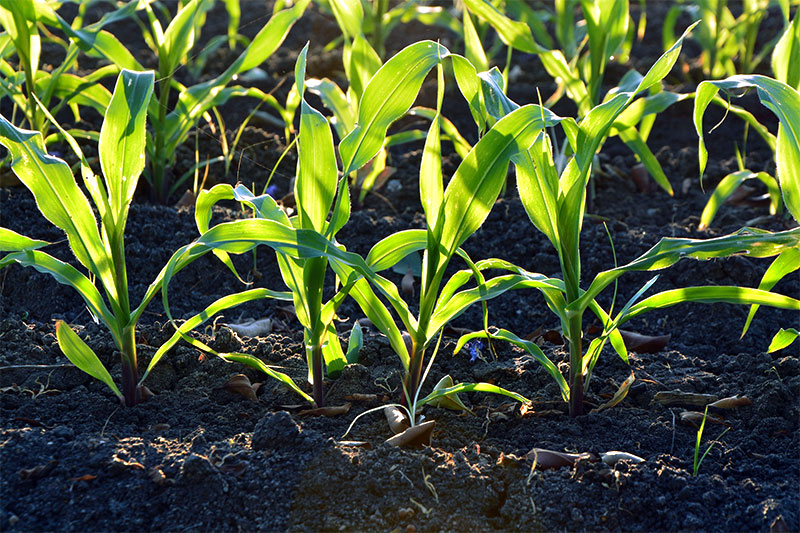
Increases RBC (red blood cells)
Pantothenic acid or simply Vitamin B5 turns carbohydrates into glucose.
The main function of RBC is to carry oxygen to the body tissues. RBC are formed in the red bone marrow of the bones.
The formation of RBC from hemocytoblast takes about 2 days. Our body makes 2 million RBC every second which consumes a lot of energy. When we get sick our body refuses to generate much energy, therefore, the generation of WBC and RBC reduces.
Pantothenic acid converts carbohydrates into glucose and glucose is the fuel for generating energy in our body.
Research shows that rat’s and humans’ blood possess similar characteristics and according to an experiment done on rats shows that it needs pantothenic acid in the blood to promote red blood cells in the blood.
Side effects of Corn
Corn contains a high amount of sugar, therefore, it is suggested to people who suffer from diabetes to avoid eating too much or Corn (maize) as it can increase your sugar levels.
Maize contains a high amount of carbohydrates and fat which leads to increased weight, if you are planning to go for a diet then this is not your cup of tea.
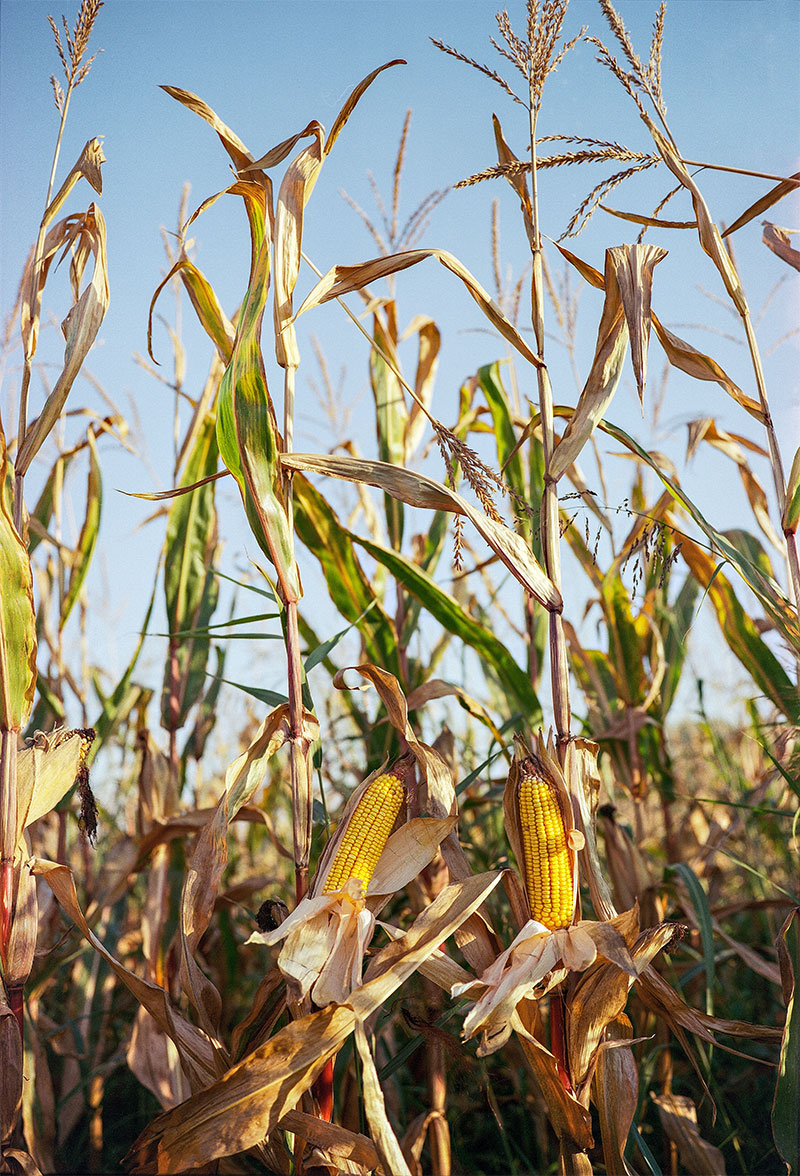 Also Read: How to grow corn
Also Read: How to grow corn
Corn is a good source of dietary fibers, which helps in flushing out harmful toxins from our body, if eaten too much it will flush all the necessary and good toxins also, leading to an upset stomach.
Here at gardeninfograph we try to bring in front of you many relatable topics that are can add up to a healthy diet in your homes to keep your family and friends healthy. Some topics that we have covered are eggplant, capsicum, garlic, parsley, Cauliflower, giloy, edible flowers, cardamom, black pepper, cucumber, hala fruit, olive and you will find many more.
 Garden infograph We provide our best experinces about plants
Garden infograph We provide our best experinces about plants
